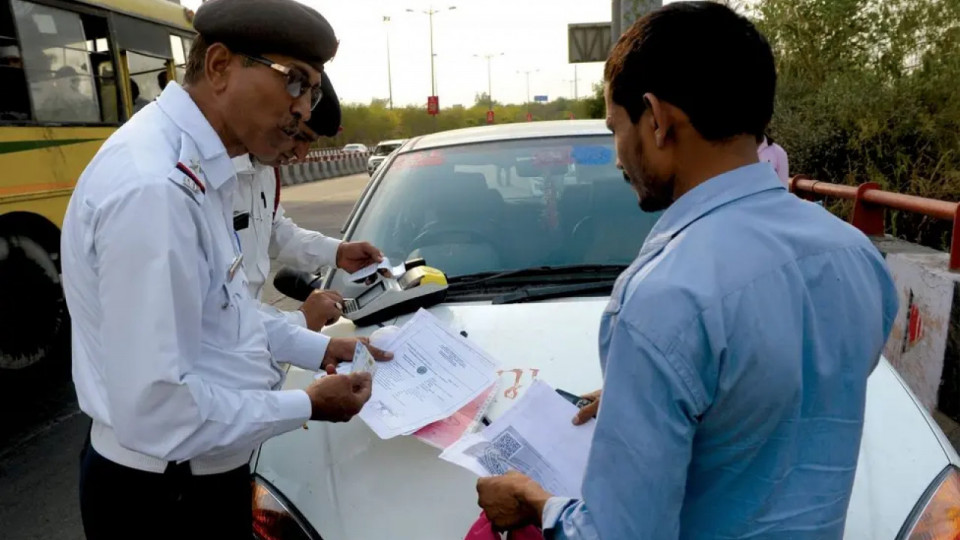
Courtesy: Spinny
Delhi: A major step has been taken to control air pollution in Delhi from today, November 1, 2025. Now the entry of non-Delhi-registered and commercial vehicles below the BS-VI standard has been banned in the capital.
This decision has been taken jointly by the Commission for Air Quality Management (CAQM) and Delhi Transport Department. Every year in winter, the level of pollution crosses dangerous limits; hence, this decision has been taken under the government's "Graded Response Action Plan" so that the air quality can be improved.
According to the new rules, only BS-VI standard vehicles will be able to enter Delhi. Apart from this, CNG, LNG, and electric vehicles will also be exempted from this restriction. At the same time, Delhi-registered commercial vehicles, if they are being used locally, have also been allowed entry. However, old BS-IV or below diesel vehicles are now completely banned.
Nevertheless, the government has provided some relief as a transition period. BS-IV vehicles coming from outside states have been temporarily allowed to enter Delhi till 31 October 2026. Its purpose is to give time to the transport industry so that they can convert their old vehicles in accordance with the new environmental standards in a phased manner.
Every year between October and January, Delhi's air becomes poisonous. The smoke emanating from stubble burning, construction work, and diesel vehicles takes air pollution to its peak. According to the Central Pollution Control Board (CPCB) report, diesel trucks contribute about 30% to Delhi's pollution. This is why the government decided to ban old vehicles. BS-VI vehicles emit up to 80% fewer pollutants than old engines, which will help in pollution control.
The biggest impact of this decision will be on the transport sector. Owners of older vehicles will have to move to new BS-VI engines or vehicles based on alternative fuels. This may increase the initial investment but will result in fuel savings and reduced maintenance costs in the long run.
At the same time, common citizens can get its direct benefit in the form of improvement in air quality. Experts say that if this rule is strictly implemented, then a significant improvement can be seen in the AQI situation of Delhi in winter.
This decision of the Delhi government is a positive step from an environmental point of view. Now it remains to be seen how strictly and consistently it is implemented on the ground.













Copyright © 2025 Top Indian News
